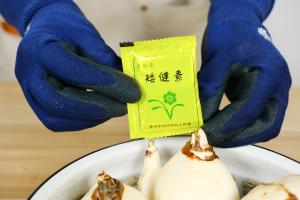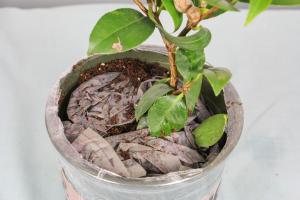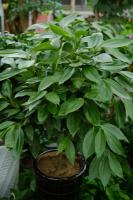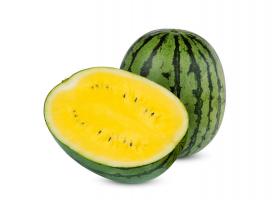Is it Okay to Water Plants with Tap Water?
Watering plants is a crucial task for their growth and survival. The source of water used for plants is essential, as it can have a significant impact on their health. Often, the most available source of water is tap water. The water supply in homes is mostly safe for human consumption, but is it good for watering outdoor and indoor plants? This article explores this topic and provides some insights into whether it is okay to water plants with tap water.
Tap Water Quality
Tap water is treated and processed before it reaches our households. This treatment process involves removing harmful contaminants such as bacteria, viruses, and other harmful microorganisms. The water treatment plants also add chemicals such as chlorine to disinfect the water supply. Despite these measures, tap water may still contain some traces of chemicals and minerals that may be harmful to plants over time. For instance, chlorine in tap water can kill beneficial soil microbes, which are essential for micromanaging the plant's root systems.
Impacts on Plant Growth
If you use tap water on your plants, you may observe some visible effects on their growth. Some plants may grow well with tap water, while others may not. Some of the common problems associated with using tap water on plants include yellowing leaves, stunted growth, and reduced flowering or fruiting. The minerals and chemicals in tap water can accumulate over time, causing soil compaction and reduced soil fertility. Furthermore, tap water may also contain high levels of salts, which can damage the plant's roots and cause them to dry out and die.
Alternatives to Tap Water
If you are concerned about the quality of your tap water, there are some alternatives you can consider for watering your plants. One option is to collect rainwater. Rainwater is pure and free of chemicals and minerals that may harm your plants. You can collect rainwater in a barrel or container and use it for watering your plants. Another alternative is to use filtered water. You can use a water filter to remove chlorine, minerals, and other impurities in your tap water. The filtered water is healthier for your plants and can help them grow better.
Conclusion
In summary, watering plants with tap water may not be the best option for their growth and survival. While tap water is treated to remove harmful contaminants, it may still contain some harmful chemicals and minerals that may harm your plants. Some of the impacts of using tap water on plants include stunted growth, yellow leaves, and reduced soil fertility. Therefore, it is essential to consider using alternatives such as rainwater or filtered water to maintain the health and vitality of your plants.

 how many times do yo...
how many times do yo... how many planted tre...
how many planted tre... how many pine trees ...
how many pine trees ... how many pecan trees...
how many pecan trees... how many plants comp...
how many plants comp... how many plants can ...
how many plants can ... how many plants and ...
how many plants and ... how many pepper plan...
how many pepper plan...































